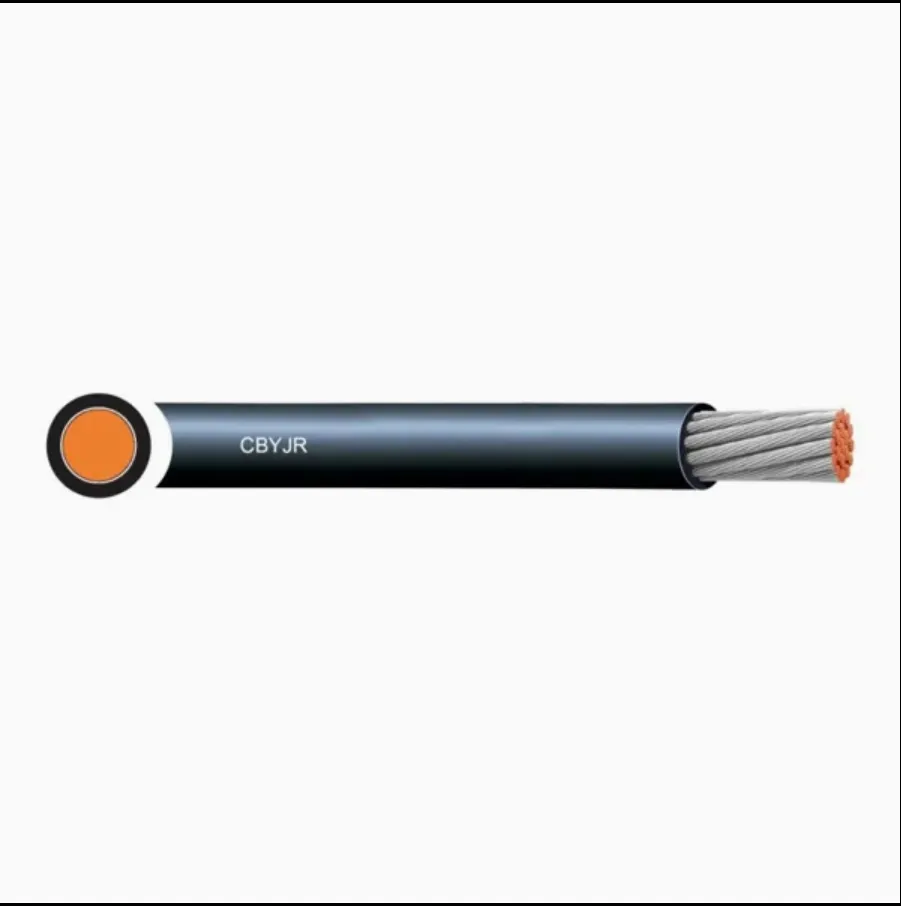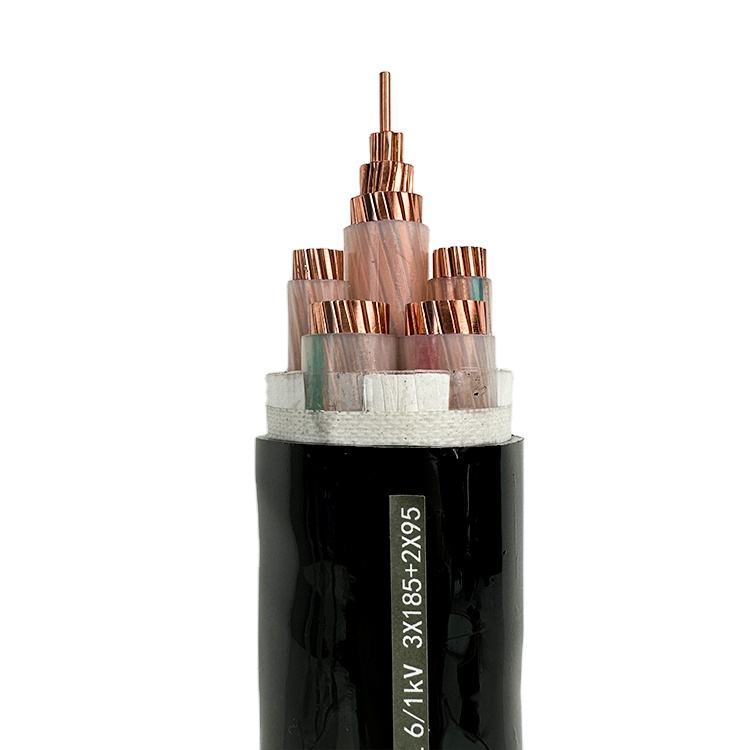-
![When should flame ···]() 2025-09-10 When should flame retardant ···
2025-09-10 When should flame retardant ···In recent years, the proportion of power system fires globally resulting in power outages caused by power cable fires has been increasing. Therefore, in locations like power plants and substations, where a large number of electrical equipment and densely laid cables are located, the use of flame-ret
read more > -
![How to check wheth···]() 2025-09-10 How to check whether the wir···
2025-09-10 How to check whether the wir···We all know that when cables, whether used at home or in commercial applications, deteriorate, continued use can easily pose a danger. However, inspecting wires for deterioration requires a certain level of skill. Wires rely primarily on an outer sheath for insulation. Over time, corrosive gases cor
read more > -
![What is the functi···]() 2025-09-10 What is the function of cabl···
2025-09-10 What is the function of cabl···(1) Function: It can electrically isolate the core from the ground and the cores of different phases from each other, thereby ensuring that no relative ground or phase-to-phase breakdown short circuit occurs when transmitting electric energy. Therefore, the insulation layer is also an indispensable
read more > -
![What are the natio···]() 2025-09-10 What are the national standa···
2025-09-10 What are the national standa···Flame retardancy of a material refers to its ability to burn with a flame under specified test conditions. It encompasses properties such as ease of ignition and ability to sustain combustion. After years of development, flame retardancy testing has evolved into various standards, becoming a key tes
read more > -
![What do the wire c···]() 2025-09-10 What do the wire colors repr···
2025-09-10 What do the wire colors repr···In this age of electrical appliances, wires have become ubiquitous in our lives. Everyone knows that each wire is marked with a different color, but many people are unfamiliar with what the wire colors represent. Household electricity is generally three-phase, yet many people are still unfamiliar wi
read more > -
![Why do wires get h···]() 2025-09-10 Why do wires get hot easily?···
2025-09-10 Why do wires get hot easily?···Often, wires heat up after a period of use. Generally, resistance heats up during use. When a power cable carries a certain load current, it will inevitably heat up. As the load current increases, the cable surface temperature rises. If not addressed promptly, the consequences can be unpredictable.
read more > -
![What is a wire? Wh···]() 2025-09-10 What is a wire? What is a ca···
2025-09-10 What is a wire? What is a ca···How do you distinguish between wires and cables? When asked this question, many people say they're the same thing, but there are actually some differences. Below, we'll explain in detail what wires and cables are. I believe you'll be able to distinguish between wires and cables after rea
read more > -
![What is the power ···]() 2025-09-10 What is the power of 2.5 squ···
2025-09-10 What is the power of 2.5 squ···Commonly used copper wires in everyday life come in sizes of 1.5, 2.5, 4, 6, and 10 square meters. 2.5 square meters are used in many areas. For example, during home renovations, many households often use 2.5 square meters. Let's discuss the power rating of 2.5 square meters and the appliances t
read more > -
![What are the diffe···]() 2025-09-10 What are the differences bet···
2025-09-10 What are the differences bet···In daily life, we often hear about buying stranded wire. So why should we buy stranded wire? What's the difference? To address this question, let's briefly discuss the specific differences between single-strand and stranded wire, and which is better?What are the differences between single-st
read more > -
![What are the meani···]() 2025-09-10 What are the meanings and pa···
2025-09-10 What are the meanings and pa···Do you know what RVB cable is? Commonly known as red-and-black (parallel) cable, RVB is a flat, unsheathed, flexible cable made from a red and a black insulated copper wire extruded in parallel, hence the name. Red is typically the positive terminal, and black is the negative terminal. Let's lea
read more >



